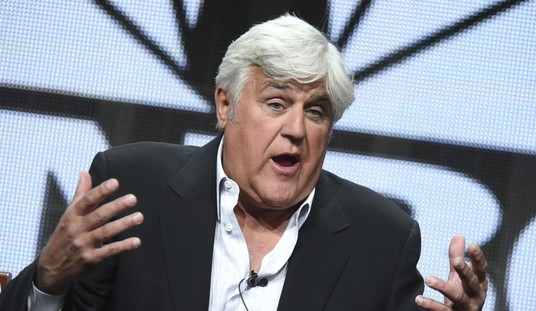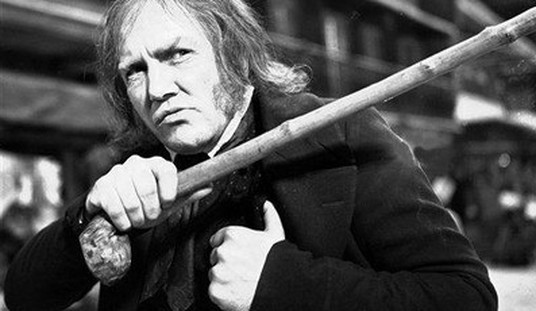On Wednesday, I wrote about the murder of Ryan Carson, a radical leftist activist who identified as a member of Antifa and advocated for "safe injection facilities" for drug addicts. Carson was murdered by a violent black male who appeared to be on some sort of substance right in front of his girlfriend, BLM and anti-police activist Claudia Morales.
In the article, I explained that I wouldn't celebrate someone's murder unless they truly deserved it, but that the brutal truth was that Carson was murdered thanks partly to the policies and beliefs he held about society and people.
(READ: I Won't Celebrate the Murder of a Radical Leftist, but I Will Be Brutally Honest About It)
On Wednesday night, I was on a weekly podcast called Yelling at Parked Cars hosted by Comix Division and we began going over this story. Some things stood out to us. For one, if you watch the footage, you'll notice Carson and Morales see the man acting strangely and violently well before they get near him, and yet they continue to approach.
We got into discussing how one's best move in that case is to move farther away from that individual by going in the opposite direction or crossing the street. Even ducking inside a nearby establishment until that person moves along is an option, yet Carson and Morales kept moving toward him as if nothing was wrong.
Given the couple's radical politics, we could only conclude that this self-endangering behavior was a result of their ideologies overpowering their common sense. They moved toward the man because they didn't want to be seen as racist or, at the very least, they didn't want to make it seem like there was anything wrong with what the man was doing because it would be an admission that the behavior they enable is dangerous.
This is lemming behavior. Carson died at the hands of the person he thought he was destroying society for in the naive belief that enablement of criminal behavior would somehow free what he considered the "oppressed." Carson's sense of self-preservation evaporated in the face of his radicalism.
This isn't necessarily uncommon throughout history. People die for their beliefs all the time, but Carson didn't die in the name of a god, nor in the heat of some glorious revolution. He died because he didn't turn around when someone in his path was displaying erratic and violent behavior and he bled out on a sidewalk after being stabbed.
But it gets worse.
As the Daily Mail reported on Wednesday, Morales and Carson's friend's hearts are with...the criminal who murdered Carson:
Despite the senseless violence, friends of the 32-year-old say it wouldn't change his outlook on social justice.
'I know he would have wanted people to use his death as a means to talk about structural wrongs in the city.
'I'm absolutely positive that he would immediately see that this was a person who was suffering from a lack of resources in our community, who probably needs better mental health support, possibly housing, possibly drug support, drug treatment.
Notice something in every reference to Carson by his friends? It's barely about Carson, it's how his death can inspire more leftist work to continue. Moreover, there seems more sentiment given to his killer than Carson himself.
Did no one have a close enough relationship with Carson enough to feel anger and rage at his death? Do none of them want justice for their friend being taken from them so brutally?
Did anyone love Carson?
In the past, I've commented on how the left doesn't actually recognize anyone as friends but as people who are useful allies at the moment. The moment you stop being useful is the moment the left either drops you or, if you're inconveniencing them, turns on you. The left's die-hard belief in social justice seems to have some peculiar effects on the brain that cause consistent unhappiness and unreasonable aggression towards anything that doesn't align with your beliefs.
But the ultimate result is a sort of un-love. It's an un-love for one's self and others. The only love that seems to spring from social justice obsession and adherence is the love of the cause. Carson certainly didn't seem to have any love for himself, at least not enough to walk away from obvious danger. His friends don't seem to love Carson much and see his death as more of a useful tool to inspire others to double their efforts in pushing their ideology on everyone else.
When you stop to think about it, it's a very sad thing. Social justice adherence is to live a life separated from real love. There's no warmth in it.
No wonder they're so angry.















